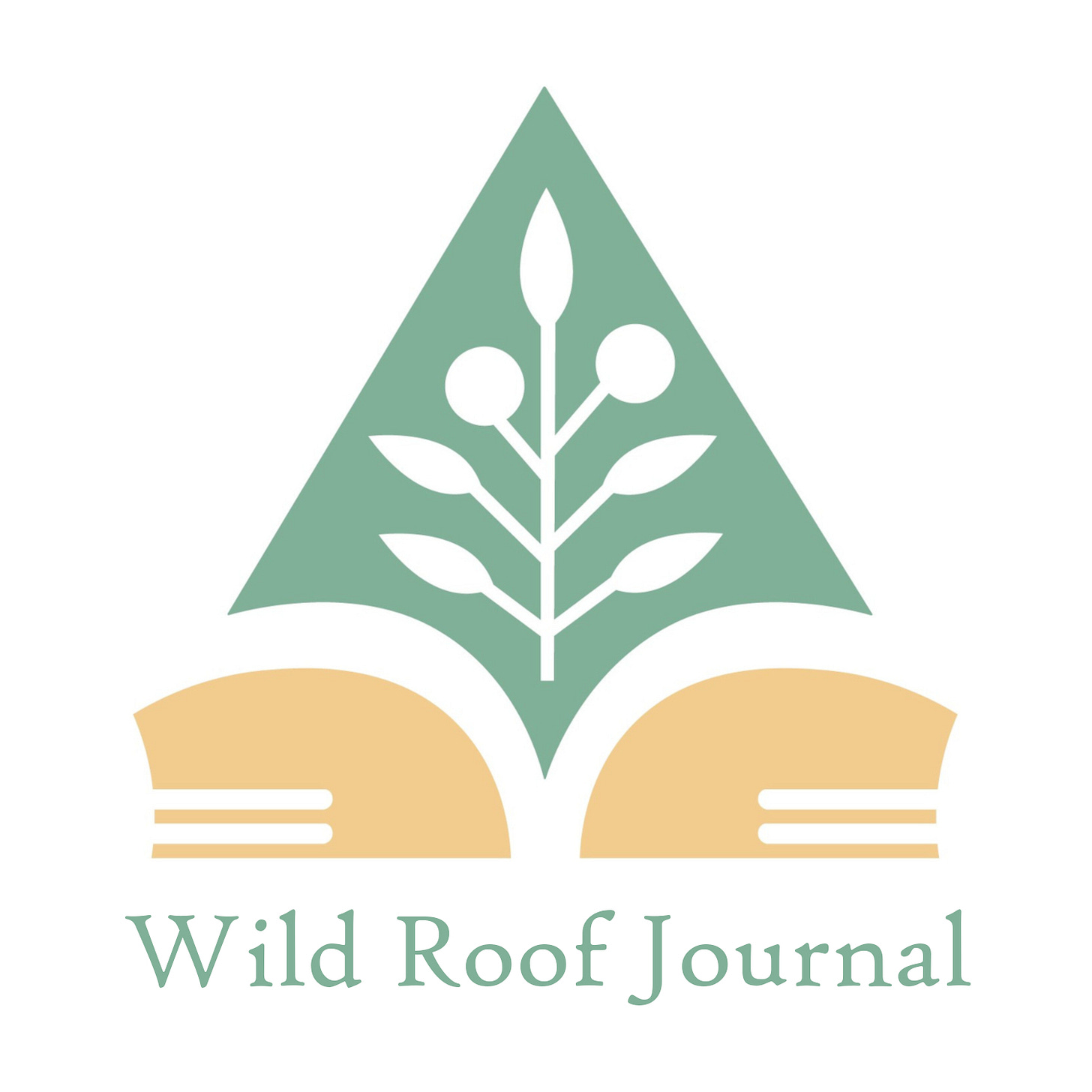Publishing 101: The How & Why of Nonfiction in the World of Literary Magazines
A guest post from Olga Katsovskiy
Hi friends,
I have a wonderful new guest post to share with you today. If you could use some practical and pragmatic submission advice, look no further!
Olga Katsovskiy teaches creative writing classes at the Cambridge Center for Adult Education. Her essays have appeared in Atticus Review: The Attic, Barzakh Magazine, Brevity Blog, Gone Lawn Journal, Pithead Chapel, and true mag. Her most recent piece is called “I Have Only Seen Papa Cry Once,” published in Short Reads.
Reminder: if you have an idea for a guest post, we’d love to hear your thoughts! Complete this brief Google form, and we’ll work with you on writing a post. There are options for some different types of posts, including self-narrative, essay, interview, lit mag profile, and book review. If you have an idea for something not listed, please add it in the “Other” section.
Without further ado, let’s jump in!
Publishing 101: The How & Why of Nonfiction in the World of Literary Magazines
Olga Katsovskiy
I was recently invited to give a talk on publishing in the world of lit mags to a creative nonfiction class at a university. I was a little surprised to learn the majority of them had not heard of Submittable. One gentleman raised his hand and asked whether there is a feature that can instantly identify and send out submissions to all relevant magazines with the push of a button. I talked about the importance of reading, and how to find a home for your work once it's ready to go out into the world. Wait, he said, so you're telling me I actually have to do the work? Yep, there is no magic button.
One of the most important things you have to get in the habit of doing as a writer is to read. A lot. I’m not talking about growing a Goodreads list and keeping a tally of the number of books you read in a year. It’s not a competition. I mean read anything and everything. Find what you gravitate toward. If you are an essayist, read essays. There are literally thousands of them available online and on the shelves of your local library or bookstore. Also read things you don’t normally read, even stuff you don’t expect to like. There is a lot to learn from bad writing too. Read until you can articulate the difference between captivating and flat. Apply your observations to your own writing.
My students often ask where to submit their essays. I usually say, if you enjoyed any of the pieces we read in class, read the journals and magazines they come from. Familiarize yourself with the sources, read their latest edition on the web. Look up authors’ bios and check out their other publications. Read more of your favorite writers' works, then read other pieces in magazines in which they were published.
Have you ever noticed your favorite books have blurbs on the covers written by other authors you’ve read before? Everything is connected. Same applies to the world of lit mags. Most likely you will love the quality of work published in another lit mag if you see it in an author’s bio. Of course you can also find new lit mags in online directories, like Poets & Writers, CLMP website, Chill Subs, and browse for open calls in Discover mode in Submittable. I’d recommend the former for a more organic approach.
Keep in mind that just because you love a lit mag, doesn’t mean your essay has a place in it.
Working behind the scenes as an editor, I can’t begin to tell you how many submissions I’ve read in the last two years that get rejected because they don’t fit the vision. The writing could be good, but just doesn’t belong there. For example, if you write sci-fi, don’t submit it as creative nonfiction to a feminist magazine. Even if your essay fits the magazine, it has to bring something new to the table. For example, a story about the loss of a parent might be rejected if a magazine recently published many grief essays.
Attention to detail matters, not only in submitting your writing in the right genre category, but also in following submission guidelines. Always read the masthead and understand the requirements. Not all lit mags accept simultaneous submissions and very few publish reprints. Personally, I only read the cover letters after I’ve considered a piece for acceptance. If the cover letter is a blatant copy-paste from another submission, mentioning a different lit mag or editor, it won’t matter much to me if I loved your piece, but some editors might not be so kind. If your piece is accepted, promptly withdraw it from other places you’ve submitted it to. I once accepted a beautiful essay only to wait for weeks to hear back from the author, then learn it was accepted elsewhere and she forgot to withdraw. It was frustrating because I loved the essay so much and already edited it in preparation for posting.
Lit mags are generally run by small editorial teams, mostly volunteers, and we are people and writers too. At the end of the day, whether your essay gets accepted or rejected depends on the senior editor’s final decision. Some submission platforms, like Submittable, have a rating system where readers comment and vote a submission up or down. Some magazines receive so many submissions that the section editor usually reads only the ones with the most votes. Conversely, sometimes a low rated piece would be accepted by the chief editor anyway. Selecting a piece for publication is subjective. Rejection is inevitable. Don’t take it too personally.
Most lit mags require a small fee per submission, but some general submissions, like jmww, are free. If you are an emerging writer, consider submitting to smaller magazines. University-run magazines like Barzakh or Ploughshares have a higher rate of acceptance than bigger names like The New Yorker or The Sun. Be mindful of the number of nonfiction pieces magazines publish. If each edition only has a few, your piece might have a lot of competition there.
One of the best writing advice is to remember why you’re doing it in the first place. Never write with publishing as your main motivator, unless that's your primary source of income. Creative nonfiction comes from an incredibly vulnerable place and publishing an essay can be very exposing. Make sure the magazines where you send your work align with your moral compass. The truth is, we want to be published because we want to feel heard. Getting published is rewarding because it validates this thing you’ve put your sweat and soul in is awesome. If you didn’t want recognition, you’d tuck your story in your journal or save it in a file, never to be seen. Stories are meant to be shared. How to know you’re ready is the hardest question.
Olga Katsovskiy, writer/editor/educator, works in healthcare and teaches creative writing classes at the Cambridge Center for Adult Education. She serves on editorial teams at several literary magazines and drinks a lot of coffee. Her essays have appeared in Atticus Review: The Attic, Barzakh Magazine, Brevity Blog, Gone Lawn Journal, Pithead Chapel, true mag, and elsewhere. Find more at theweightofaletter.com.
Subscribe to see more guest posts from WRJ’s amazing contributors / Paid access includes editorial feedback for 1 poem each month and more.







This is great. Thanks, Olga.